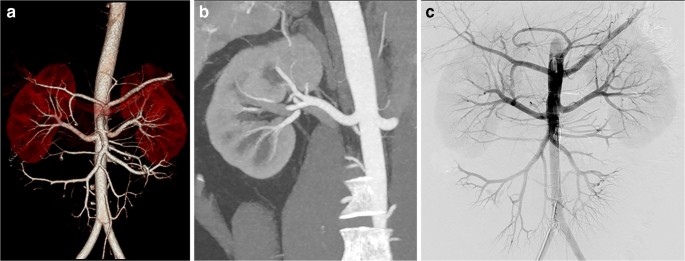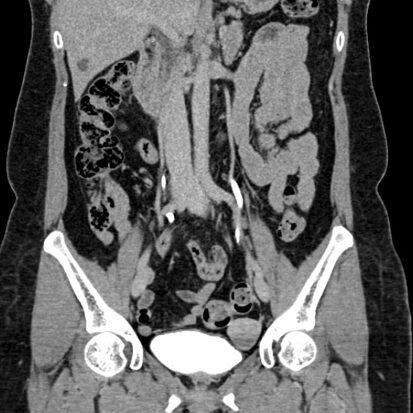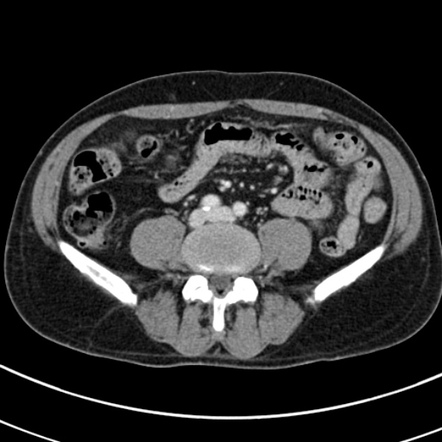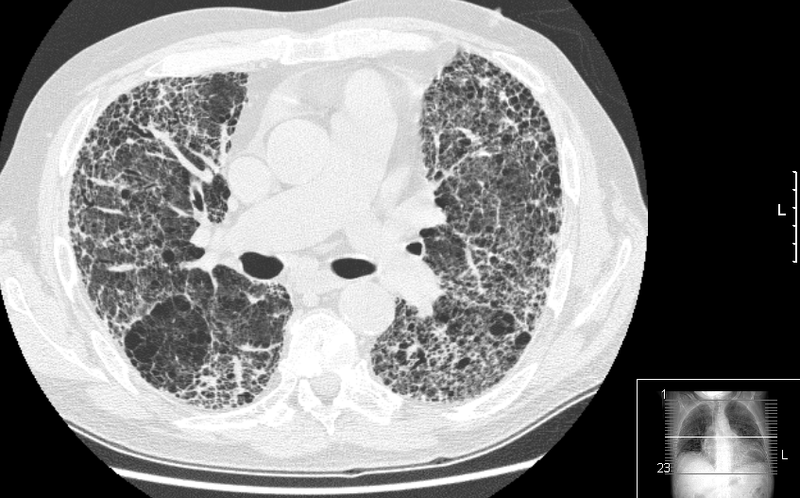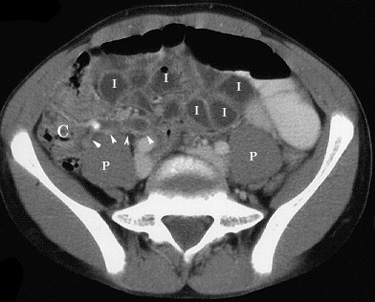CT renal angiography is a specialized imaging procedure that uses computed tomography (CT) technology to visualize the blood vessels in and around the kidneys. It provides detailed images of the renal arteries and veins, aiding in the diagnosis and evaluation of various vascular conditions affecting the kidneys. Here are some key aspects of CT renal angiography:
Indications:
- Renal Artery Stenosis: A condition where the arteries supplying blood to the kidneys become narrowed, often due to atherosclerosis or other vascular diseases.
- Renovascular Hypertension: High blood pressure caused by reduced blood flow to the kidneys.
- Vascular Anomalies: Visualization of vascular abnormalities, such as aneurysms or arteriovenous malformations, in the renal vasculature.
- Preoperative Planning: Planning for renal surgery or kidney transplantation, where detailed knowledge of the vascular anatomy is crucial.
Procedure:
- Contrast Injection: A contrast dye, usually iodine-based, is injected into a vein to enhance the visibility of blood vessels during imaging.
- Scanning: The patient lies on a table that moves through the CT scanner. X-ray beams are directed through the body, and detectors on the opposite side capture the transmitted rays. Multiple images are taken at different angles to create cross-sectional views.
- Image Reconstruction: The collected data is processed by a computer to generate detailed cross-sectional images of the renal arteries and veins.
Advantages:
- Non-Invasive: CT renal angiography is a non-invasive alternative to traditional angiography, which involves catheterization of blood vessels.
- Rapid Imaging: The procedure provides rapid and detailed imaging of the renal vasculature.
- Evaluation of Surrounding Structures: In addition to the blood vessels, CT can also provide information about the kidneys and surrounding structures.
Considerations:
- Contrast Allergies: Individuals with allergies to iodine or contrast dye should inform their healthcare provider before the procedure.
- Renal Function: Assessment of renal function is important before administering contrast, as contrast agents can affect the kidneys.
- Pregnancy: CT scans, especially those involving contrast, are generally avoided during pregnancy unless deemed necessary for medical reasons.
CT renal angiography is a valuable tool for diagnosing and evaluating renal vascular conditions, providing essential information for treatment planning. As with any medical procedure, it is important to discuss the risks and benefits with your healthcare provider and ensure that the procedure is appropriate for your specific clinical situation.

